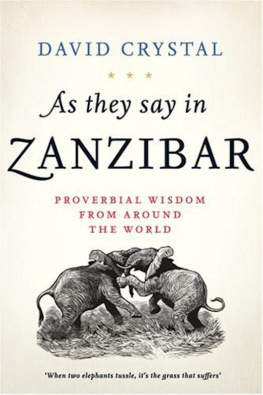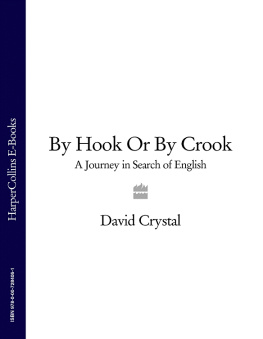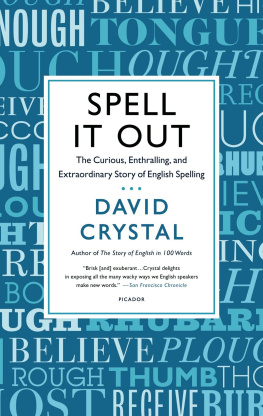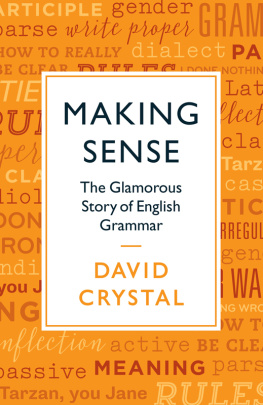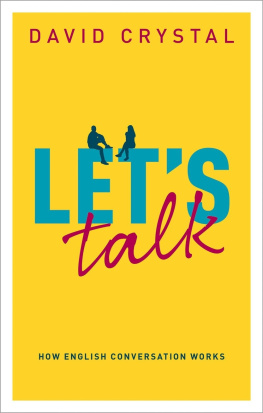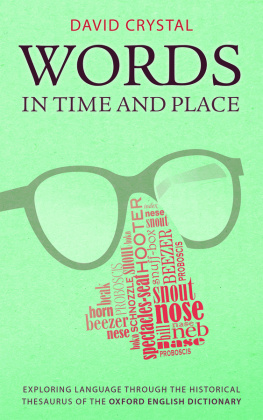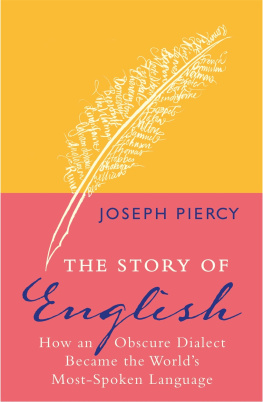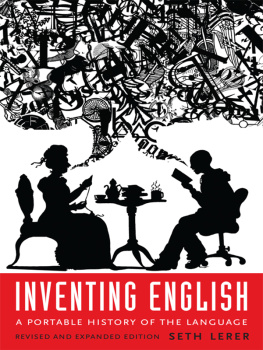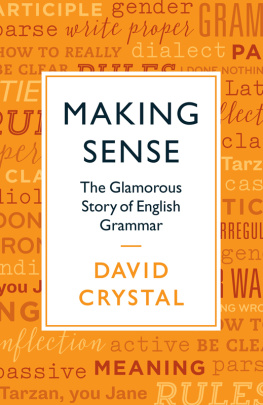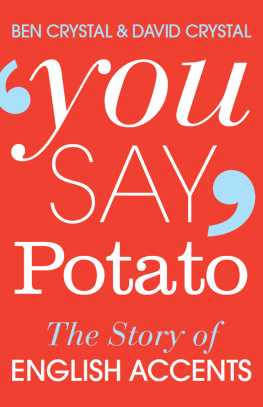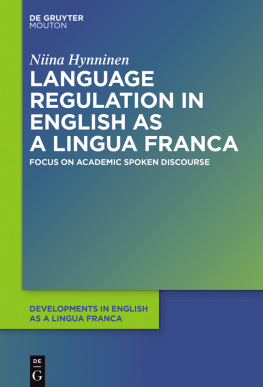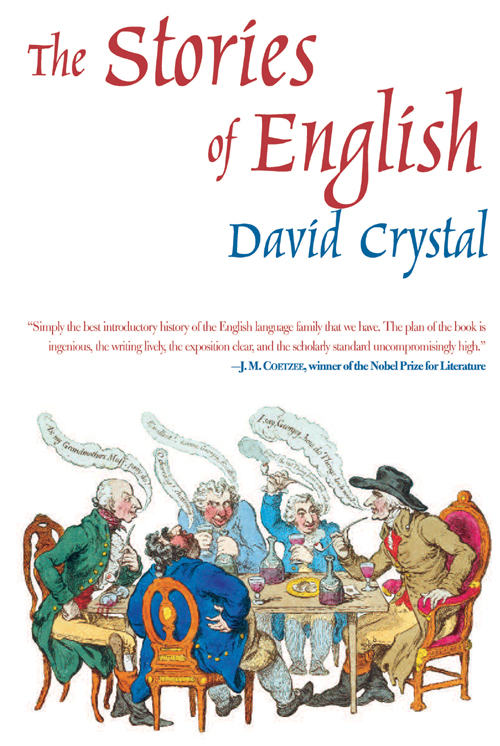Factors influencing Old English dialects in the eighth and ninth centuries in England
In fact, the book has two introductions, because there are two stories to be told.
On there is an outline of the history of English, as often recounted. The past century has seen dozens of books which have presented the language in such terms, describing stages in the emergence of what has come to be called Standard English. A standard is a variety of a language which has acquired special prestige within a community. It is an important focus of study, and one which will be routinely encountered as the chronology of the present book unfolds. But an account of the standard language is only a small part of the whole story of English. The real story is much, much bigger.
Accordingly, beginning on , there is an introduction to this real story, which is what this book is largely about. Real stories would be more accurate, for in the history of something as multifaceted as a language, there are always several trends taking place simultaneously. A richness of diversity exists everywhere, and always has, over the languages 1,500-year history; but the story of Standard English has hitherto attracted all the attention. The other stories have never been given their rightful place in English linguistic history, and it is time they were.
Telling several stories simultaneously is not something which suits the linear expository method of a book, so to convey this message I have had to adopt a somewhat unorthodox structure. The main sequence of chapters provides a chronological narrative from Old English to Modern English, focusing on the interaction between standard and nonstandard; but they are separated by Interludes illustrating topics to do with nonstandard English which fall outside the time framework. Also, within chapters, I have used panels to illustrate the nature of the nonstandard dimension, thereby emphasizing the dynamic tension which always exists between nonstandard and standard varieties.
It is a patchwork quilt of a book, as a result; but that is inevitable, given the constraints faced by any historian of nonstandard language. It is not easy to obtain data on the various kinds of nonstandard English, or even on what informal spoken Standard English was really like, in the years before broadcasting, tape-recorders, camcorders, and the Internet gave voices to daily personal interaction in all its regional and cultural diversity. Standard English presents us with no such problem because, as the communitys prestige written form, it has been the medium of authorial expression over several centuries. The other varieties do not fare so well.
If the recorded linguistic echoes of the past are predominantly White and Anglo-Saxon, as they seem to be, how much will we ever learn about the language of the ethnic minorities which form an important part of British history? If past echoes are predominantly male, will we ever discover what role women played in the history of English? And if these echoes are all so closely tied to the standard dialect, with writers dismissing regional dialects as sadly battered and mutilated or quaint and eccentric, will we ever discover our real sociolinguistic heritage?
The Stories of English is an exploration of this heritage.
The standard story
The standard history of the English language usually goes something like this.
In the year 449 Germanic tribes arrived in Britain from the European mainland, and displaced the native British (Celtic) population, eventually establishing a single language which was Anglo-Saxon in character.
Most writings of the period are shown to be preserved in the West Saxon dialect, the language of King Alfred, spoken in the politically and culturally dominant region of southern England around Winchester. Descriptions of the language, known as Anglo-Saxon or Old English, therefore reflect this dominance.
Fundamental changes began to affect Old English grammar during the later Anglo-Saxon period, and these, along with changes in pronunciation, innovative spelling conventions, and a huge influx of new words after the Norman Conquest, led to the language evolving a fresh character, known as Middle English.
During the Middle English period, the literary language began to evolve, culminating in the compositions of Chaucer, and we see the first signs of a Standard English emerging in the work of the Chancery scribes in London.
The introduction of printing by Caxton in 1476 brought an enormous expansion in the written resources of the language, and was the major influence on the development of a standardized writing system. Spelling began to stabilize, and thus became less of a guide to pronunciation, which continued to change.
Further changes in pronunciation and grammar, and another enormous increase in vocabulary stimulated by the Renaissance, led to the emergence of an Early Modern English. Its character was much influenced by Elizabethan literature, notably by Shakespeare, and by the texts of many Bibles, especially those of Tyndale (1525) and King James (1611).
The unprecedented increase in the languages range and creativity brought a reaction, in the form of a climate of concern about the unwelcome pace and character of language change. This led to the writing of the first English dictionaries, grammars, and manuals of pronunciation, in an attempt to bring the language under some measure of control.


